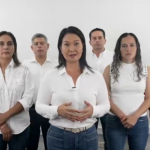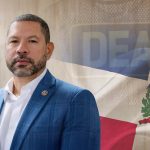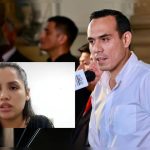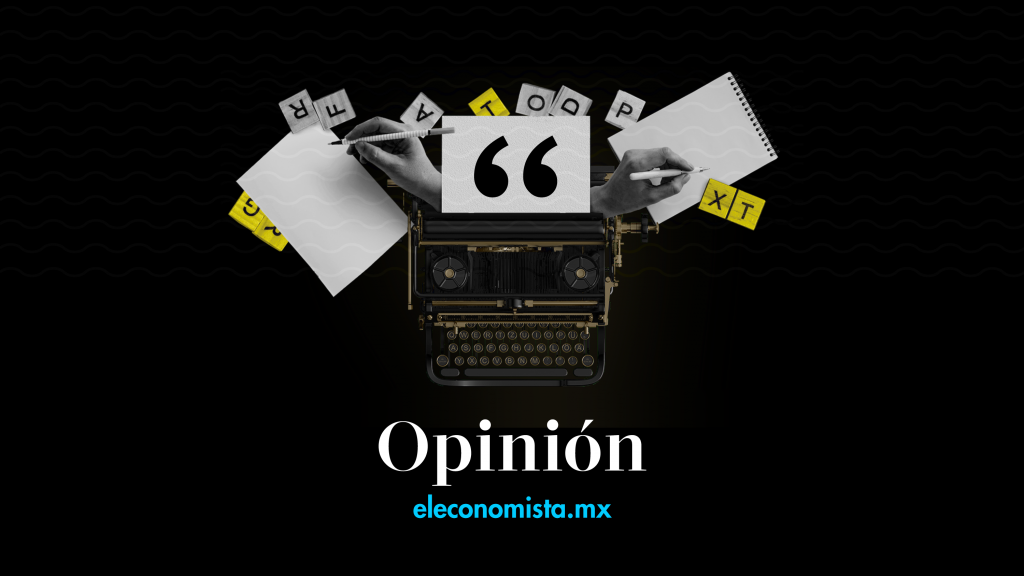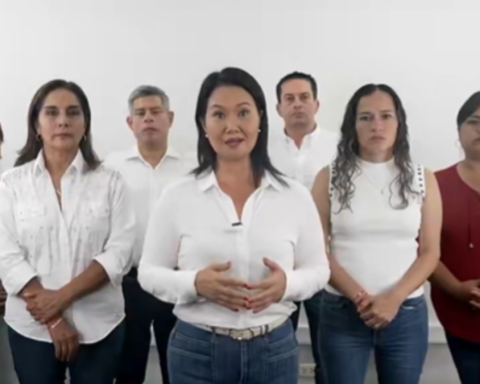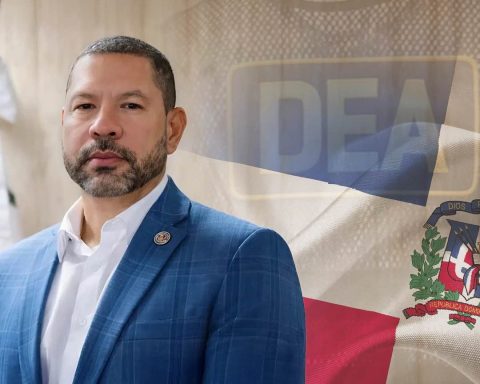The Minister of Energy and Mines, Salvador Mansell, announced a new megaprojectin the form of an investment of 564.1 million dollars in electrical and telecommunications infrastructure works, involving three Chinese companies, one Korean, and two specialized in solar energy.
What Mansell did not say is that two of the three Chinese companies – China Communications Construction Company Limited, (known by the acronym CCCC), and Huawei – are sanctioned by the United States Department of the Treasury, and that Interamerican Solar SA, and Nordic SA , are two still unknown to experts in the energy sector.
Although there is a Mexican and a Danish company with names similar to those offered by Mansell (sanctioned by United States Y Canada), Google search engines, and Bing (owned by Microsoft), do not record any information about these companies, or their logos.
Mansell told the now deputy and unofficial disseminator of the regime, Adolfo Pastrán Arancibia, that the CCCC will invest USD 564.1 million, of which 251.3 million to develop the Mojolka hydroelectric project on the Tuma River, and 106.1 million for the El Hato solar project, Terrabona, both in Matagalpa.
Another 101.6 million would be used to build power transmission lines between Boaco and Matagalpa; 40 million in the commercial management and electrical distribution system; eight million to build and modernize the National Cargo Dispatch Center.
He also mentioned 49.1 million for electromobilityand eight million for a data center that manages and operates the telecommunications network, and expand coverage in Corn Island and San Juan de Nicaragua, among others.
Sanctioned by the United States
The problem for CCCC and Huawei is that on June 3, 2021, US President Joe Biden issued Executive Order 14032 to “address the threat of investments in securities that finance certain PRC companies.”
By placing them on the list of sanctioned companies administered by the Office of Foreign Assets Control (OFAC), the purchase or sale by Americans of any securities these companies publicly traded is prohibited.
On that list are 59 companies from the telecommunications, construction, avionics, aerospace and nuclear sectors, including Huawei Investment & Holding Co., Ltd.; Huawei Technologies Co., Ltd., and CCCC.
The name of this Chinese construction company has been mentioned in reported corruption cases in the Philippines, Equatorial Guinea and Bangladesh.
They are builders, rather than investors
The mega-investment announced by Mansell is part of a long list of promises that Daniel Ortega has announced throughout his tenure as President of the Republic, including a $6 billion refinery; a 50,000 million inter-oceanic canal, the Tumarín hydroelectric project, satellites, a tractor factory, ports, urbanizationsa laboratory to produce vaccinesetc.
The recent history of China’s relations with the countries of the isthmus shows that the awards that the Asian nation offers to those who do not know Taipei to reunite with Beijing, do not exceed tens of millions of dollars, so a promise of USD 564.1 million sounds out of its usual canons in financial and operational terms.
Experts consulted by CONFIDENTIAL they have stated that, in general, “the Chinese are pragmatic and interested in doing business, selling equipment and services”.
For their part, companies like CCCC specialize in designing and building works, but they do not make the investments, instead they wait for a Chinese bank to finance it, but these financial entities do not have many operations in this region.
Although there are many other banks and international entities with enough capital to make these investments, it is difficult for there to be other banks willing to invest money that they can recover in little more than a decade, in a country as unstable and with so much uncertainty as Nicaragua.
During his appearance with Pastrán, Minister Mansell said that they work with the Chinese telecommunications companies ZTE and Huawei, and with representatives of the Chinese and Russian governments, to “promote social and commercial projects through financing and attracting investors,” in addition to mentioning alleged Indian and Korean support for electrical infrastructure projects.
Not even Google knows them!
Mansell also said that the Government “will facilitate an investment of USD 130 million in solar energy of up to 95 MW in various parts of Nicaragua”, which would allow “private investors Interamerican Solar, SA; Nordic Solar, SA and HanBaek Co. Ltd.”, to build four solar plants
There are no references to Interamerican Solar, SA or Nordic Solar, SA, neither in Google nor in Bing. The logos that Mansell offered to identify both companies also do not appear online. There is a Mexican company called Interamericana Solar, and a Nordic Solar, from Denmark, but apparently, neither is related to the ones mentioned by the minister.
Two professionals with experience in the field of foreign investment said they did not know the companies mentioned by the head of Energy and Mines, so they do not rule out that they are ‘paper companies’.
This supposed investment of 130 million dollars would be used to install a 15 MW plant in Enacal; a ‘Jaguar Plant’, with the capacity to generate 16 MW; another in San Isidro, with 14 MW, and the Chilamatillo Solar Plant (Tipitapa), with 50 MW to facilitate “the industrial development projected between Masaya and Tipitapa,” according to Mansell.
This last plant would be in charge of the Korean HanBaek, which “has been in Nicaragua for 10 years,” he added. This company was founded in 1990, and has developed projects in six countries on three continents.
Information available on the company’s website indicates that they built a 138kV San Ramon and La Dalia power transmission line, and another 230kV line between San Benito, Boaco and Terrabona, both delivered in 2019.







